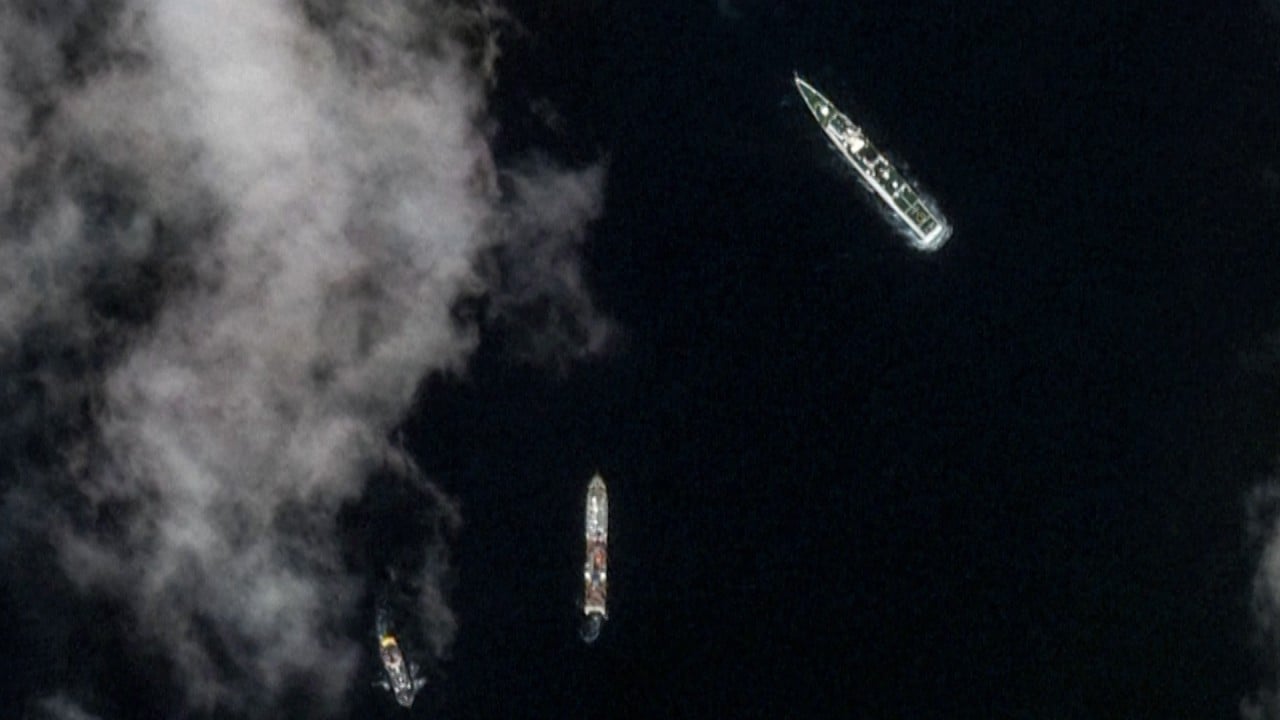
Philippine lawmakers call for more sea patrols to keep out Chinese research vessels
- Manila’s ability to police its waters is determined by maritime capacity, not political will, so more investment in the navy is required, an analyst says
- Sightings of unauthorised Chinese research vessels in Philippine waters are not unprecedented
Erwin Tulfo, the deputy majority leader in the House of Representatives, filed a resolution on Monday urging the central government to strengthen its routine patrols in the country’s eastern seaboard to prevent more Chinese research vessels from illegally entering Philippine territory, stressing the need for immediate action.
“It seems Chinese vessels can freely enter and stay whatever time it is over our waters,” he warned lawmakers.
Philippine authorities said a Chinese research vessel was seen near Catanduanes, an island on the northeastern edge of the Philippine archipelago, on April 28.
The same vessel was also spotted last Wednesday in Basco, Batanes, the country’s northernmost province and its closest to Taiwan.
It was the second time this year that a Chinese research vessel was spotted in the country’s eastern seaboard, after two unauthorised ships were spotted in the same region in March.
Sightings of unauthorised Chinese research vessels in Philippine waters are not unprecedented, but these sightings this year were spotted in the country’s western seaboard, in the highly contested waters of the disputed South China Sea.
Ray Powell, a maritime security analyst at the Gordian Knot Center for National Security Innovation at Stanford University, said the recent activities by Chinese ships could be laying the groundwork for Beijing to conduct submarine operations.

He added that the vessels’ presence sent a message from Beijing in response to the exercises.
Powell said maritime capacity, instead of political will, determined Manila’s ability to police its exclusive economic zone.
“Urging more effort doesn’t overcome this lack, which will require more investment in the Philippines’ navy, coastguard and fisheries fleets, as well as in land, air and space-based surveillance capacity. These are really underdeveloped for an archipelagic nation in an increasingly dangerous neighbourhood,” Powell said.
Jose Antonio Custodio, a fellow at think tank the Consortium of Indo-Pacific Researchers, said this was not the first time China sent ships to that area, noting that Beijing sent research vessels there in 2017.

